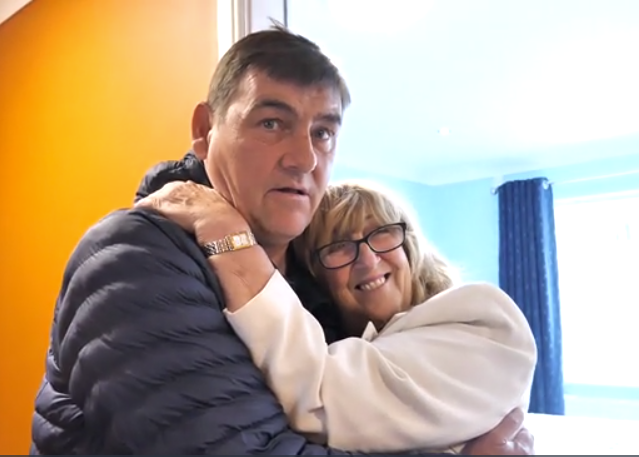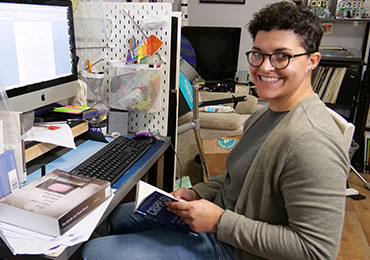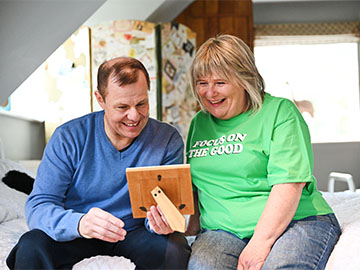On the road to recovery
Albert* transferred to Glasshouse from a rehabilitation centre in Derby.
Albert* suffered a cardiac arrest whilst at home, he was then taken to hospital where he was intubated for 4 days and put in an induced coma. He went on to spend a further 5 days in intensive care before being moved onto a ward. Unfortunately, the lack of oxygen to his brain during his cardiac arrest led to a hypoxic brain injury.
The brain injury caused changes to Albert’s* personality, cognition and social skills. He suffered with ongoing fatigue, depression and memory difficulties. When classed as medically fit he was sent back home to the family house, but unfortunately, he struggled living back in this environment. Albert* began to have outbursts of verbal and physical aggression and therefore this placement failed.
Albert* moved into Glasshouse Hill to enable his rehabilitation to continue. When first joining us, Albert* was reluctant to engage in therapy. He would sleep for around 18 hours a day, often missing meals and not engaging in day-to-day life.
But over time, Albert* began to engage with staff who persisted in setting him realistic boundaries. Our staff would say, “I am going to be in at 10 am to help you with your flat clean, set your alarm please” and “Let’s get your daily tasks done and you can rest on your sofa for an hour before lunch”. Before we knew it, he was establishing his own routine.
He would get himself up in the morning, prepare his own breakfast and then refer to his schedule to see what he had set for that day. He would independently seek out staff to request money for his weekly shop and walk in to town to purchase the items. His flat was cleaned with very little support and he managed his own medications without any issues. On a weekend Albert would have social leave and instead of sleeping all weekend he would keep a diary detailing how busy he had been throughout the week.
Albert* is now working towards returning to his employment and gaining back his driving licence!

 Brain injury rehab
Brain injury rehab  More success stories
More success stories 




